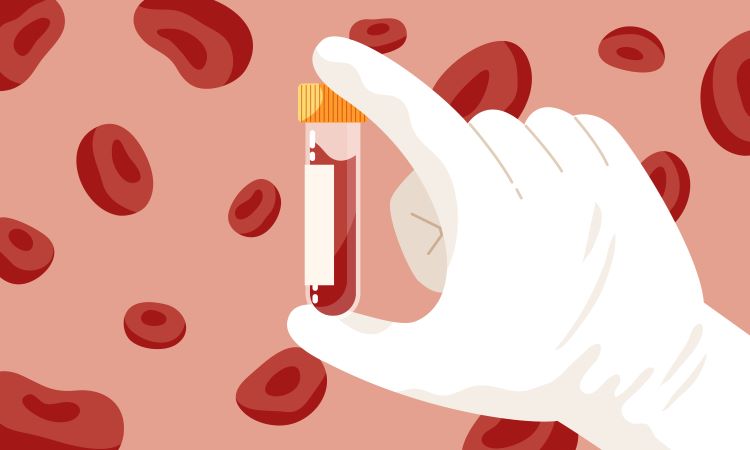HDFN drug trial shows capability for alloimmune diseases
Posted: 9 August 2024 | Catherine Eckford (European Pharmaceutical Review) | No comments yet
Based on the new data, nipocalimab could change the standard of care for treating the rare blood disease haemolytic disease of the foetus and newborn (HDFN).


Clinical data indicates that nipocalimab could provide benefit to foetuses, newborns and pregnant mothers at risk for a rare blood disorder. Findings from the Phase II UNITY study show that the treatment has potential to delay or prevent anaemia and the need for intrauterine blood transfusions in babies who are at high risk for haemolytic disease of the foetus and newborn (HDFN).
About the Phase II study
Pregnant women who experienced a foetal loss or required early intrauterine transfusions during a prior pregnancy due to HDFN were enrolled in the Phase II study.
After receiving intravenous nipocalimab between 14 and 35 weeks of pregnancy gestation, the data showed that 54 percent of participants had a live birth at or after 32 weeks without needing a transfusion.
Positively, the results showed that some participants did not require a transfusion post-birth, after being given nipocalimab. Additionally, no babies developed the HDFN condition foetal hydrops.
At present, nipocalimab is the only therapy in clinical development for HDFN, Johnson & Johnson confirmed.
Potential of nipocalimab for HDFN
“Nipocalimab is the only drug in development with the potential to treat a variety of alloimmune diseases that affect the foetus such as foetal/neonatal alloimmune thrombocytopenia and immune-mediated congenital heart block,” lead study investigator Dr Kenneth Moise Jr., a professor in the Department of Women’s Health at Dell Medical School at The University of Texas at Austin and co-director of the Comprehensive Fetal Care Center in the US.
“If further studies support using nipocalimab to treat HDFN, it will make treating the foetus in these pregnancies safer and easier for pregnant moms,” Dr Moise Jr. explained.
“Nipocalimab is the only drug in development with the potential to treat a variety of alloimmune diseases that affect the foetus such as foetal/neonatal alloimmune thrombocytopenia and immune-mediated congenital heart block”
The published Phase II data is “encouraging, as the results support the potential of nipocalimab in the treatment of pregnant individuals with a history of severe HDFN, helping to establish a path forward for further development in this disease in a larger scale Phase III study,” commented Dr Moise Jr. “If approved, nipocalimab would be the first non-surgical treatment for pregnancies at high risk of HDFN.”
The paper highlighting the Phase II findings was published in the New England Journal of Medicine.
Regarding drug development for treating similar conditions, in May the National Institute for Clinical Excellence (NICE) recommended a new drug for patients with haemolytic anaemia.
Related topics
Big Pharma, Clinical Development, Clinical Trials, Drug Development, Drug Safety, Industry Insight, Research & Development (R&D), Therapeutics









